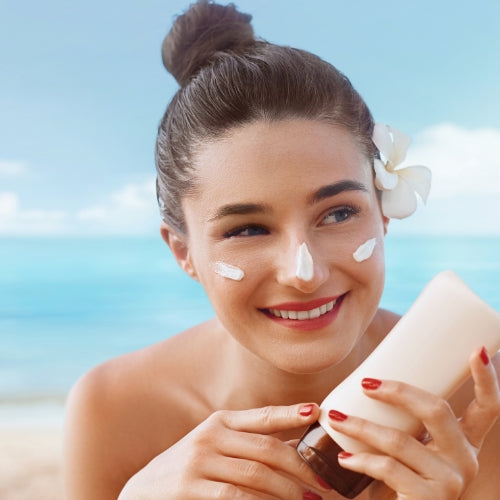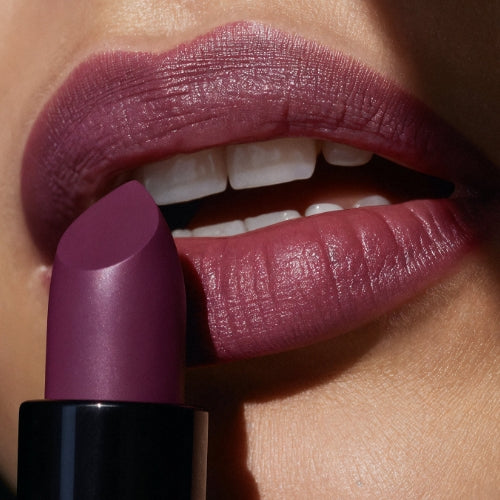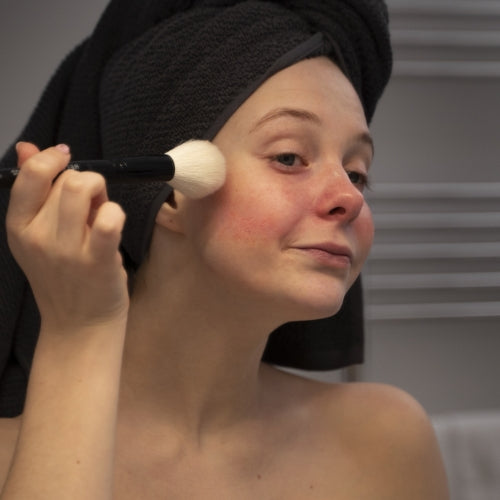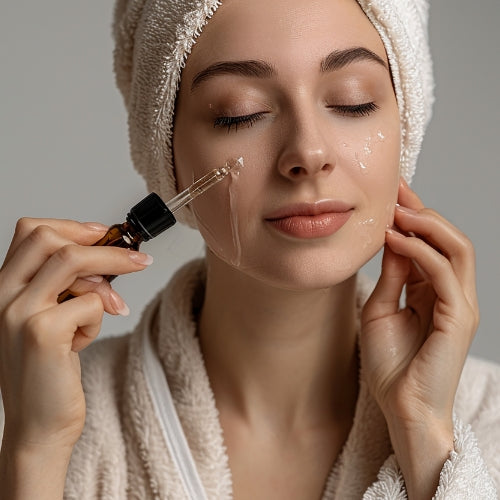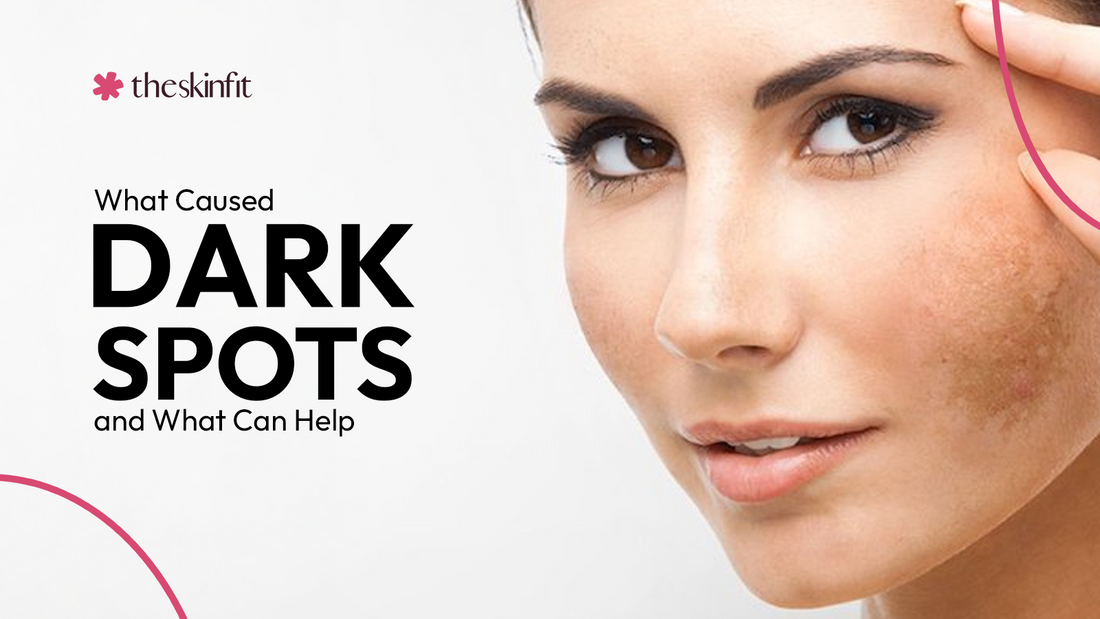
What Caused Dark Spots and What Can Help
Dark spots can be annoying. They often stick around for months and make your skin look uneven while affecting your confidence. Many people, even after trying different creams and home remedies, couldn't make it fade away.
Dark spots are a common skin concern, mainly due to intense sun exposure and acne breakouts. However, the good news is that with the proper knowledge and targeted products, like the AXIS-Y Dark Spot Correcting Glow Serum and several others, you can fade these marks and prevent new ones from appearing.
In this guide, we'll break down the causes of dark spots, how to avoid them, and the best skincare products to add to your routine for clear and bright skin.
Table of Contents
- What Are Dark Spots?
- Main Causes of Dark Spots on Skin
- Can Dark Spots Fade On Their Own?
- Essential Skincare Tips to Prevent New Dark Spots
- Best Skincare Products for Dark Spots
- How to Choose the Right Product for Your Skin
- How Long Does It Take to See Results?
- Conclusion
- FAQs
What Are Dark Spots?
Dark spots, also known as hyperpigmentation, occur when specific skin regions produce extra melanin, the pigment that gives skin its color. This extra pigment can organize in small patches, creating spots that are darker than the rest of your face.
There are a few common types of dark spots:
- Sun Spots (Age Spots): Caused by long-term sun exposure.
- Post-Acne Marks: Left behind after pimples heal.
- Melasma: Larger patches of pigmentation, often triggered by hormonal changes.
In simple words, hyperpigmentation is your skin's way of responding to damage or irritation.
Main Causes of Dark Spots on Skin
Understanding what causes dark spots is key to treating and preventing them. Some of the most common causes include:
- Sun Exposure: UV rays are among the primary causes of dark spots. Even a few minutes without sunscreen can trigger the production of melanin.
- Acne and Skin Inflammation: After a pimple heals, it can leave a brown or red mark.
- Hormonal Changes: Conditions like melasma can appear during pregnancy or due to hormonal imbalances.
- Harsh Skincare or Injuries: Over-exfoliating, using irritating products, or picking at scabs and pimples can cause the skin to darken in those spots.
By identifying the cause of dark spots, you'll have a better chance of treating them effectively.
Can Dark Spots Fade On Their Own?
Some dark spots, especially lighter ones, can fade naturally after a few weeks or months, but it depends on what caused them and how deep the pigmentation goes. For example, a small post-acne mark might fade on its own if you protect your skin from the sun and follow a gentle routine.
However, many dark spots tend to remain longer without treatment, especially if you don't use proper treatment or continue habits like touching the affected area. That's why a consistent routine with the right products and patience is essential if you want clearer skin.
Essential Skincare Tips to Prevent New Dark Spots
While treating dark spots is important, avoiding new ones will save you from annoyance. Here are three tips that really make a difference:
- Daily Sunscreen: This is non-negotiable. Use SPF every morning, even if you stay indoors or it's cloudy outside.
- Gentle Cleansing and No Picking: Harsh scrubbing or squeezing pimples can lead to scars that may turn into dark marks. Wash with a mild cleanser and resist the urge to pop spots.
- Hydrating products: Keeping your skin barrier healthy with moisturizers and soothing ingredients helps it heal faster and reduces the risk of post-inflammatory dark spots.
Best Skincare Products for Dark Spots
If you're ready to take action, here are some of the best products that are known for effectively fading dark spots. Each comes up with unique benefits, so you can find one that suits your needs:
AXIS-Y Dark Spot Correcting Glow Serum
AXIS-Y Dark Spot Correcting Glow Serum is great for brightening dull and uneven skin tone while hydrating gently. It's lightweight, beginner-friendly, and targets both new and old dark spots.
Anua Niacinamide 10% + TXA 4% Dark Spot Correcting Serum
It is a dual-action formula that combines niacinamide and tranexamic acid to fade stubborn spots and prevent new ones.
The Ordinary Niacinamide 10% + Zinc 1%
The Ordinary Niacinamide 10% + Zinc 1% is a budget-friendly option that not only helps lighten dark spots but also controls oil production on your skin, perfect if you have oily or acne-prone skin.
The Ordinary Glycolic Acid 7% Toning Solution
The Ordinary Glycolic Acid 7% Toning Solution gently exfoliates dead skin cells, brightens complexion, and can help fade discoloration over time.
Paula's Choice Skin Perfecting 2% BHA Liquid Exfoliant
Paula's Choice Skin Perfecting 2% BHA Liquid Exfoliant is known for unclogging pores, smoothing skin texture, and gradually improving uneven tone, making it a go-to for many with acne-related dark spots.
How to Choose the Right Product for Your Skin
Picking the right product, in this case, can be challenging with so many choices, but a few simple steps can make it easier. First, consider your skin's sensitivity. If your skin easily gets red or irritated, start with gentle ingredients like niacinamide instead of strong acids.
Next, match ingredients to your main concerns. For example, niacinamide is great for controlling oil and evening out skin tone, whereas glycolic acid helps eliminate dead skin cells, revealing a more glowing complexion.
Finally, always patch-test new products before applying them to your whole face. Start slowly, just a few times a week, and increase as your skin adjusts. This helps avoid irritation and gives your skin time to get used to active ingredients.
How Long Does It Take to See Results?
Patience matters when it comes to fading dark spots. Some spots may start to lighten within weeks of using the right products consistently, especially if they're new and closer to the skin's surface.
However, deeper or older spots can take several weeks or even months to fade. Consistency and proper care are important in this case; skipping days or not using sunscreen can slow your progress. And remember, without daily sun protection, even the best skincare items won't work well since UV rays can darken spots again.
Generally speaking, you can expect to see noticeable improvements within one to three months, depending on your skin type and the cause of the dark spot.
Conclusion
You don't have to live with dark spots forever. Any existing marks can be gradually faded to keep your skin looking clear and even by knowing what causes them and using products that are specifically designed to address them.
The most important part of any skincare routine is consistency. Stick with a simple plan that includes daily sunscreen, gentle cleansing, and one or two effective treatments. Over time, you'll start seeing the smoother and brighter skin you're aiming for.
FAQs
Q1: Can diet affect dark spots?
Yes, while diet alone won't cause or remove dark spots, a diet rich in antioxidants (like fruits and vegetables) can support skin healing.
Q2: Are natural remedies effective for dark spots?
Some natural ingredients, like aloe vera or licorice extract, can help with mild pigmentation, but they often work much more slowly than targeted serums.
Q3: Should I use serums during the day or night?
It depends on the ingredients. Serums with vitamin C or niacinamide can be used in the morning (with sunscreen), while exfoliating acids like glycolic acid are best used at night to avoid sun sensitivity.
Q4: Can I layer multiple serums for faster results?
You can, but it's better to start with one active serum to see how your skin reacts. If your skin adjusts well, you can carefully layer two (like niacinamide in the morning and an exfoliating acid at night), but always listen to your skin and avoid irritation.

